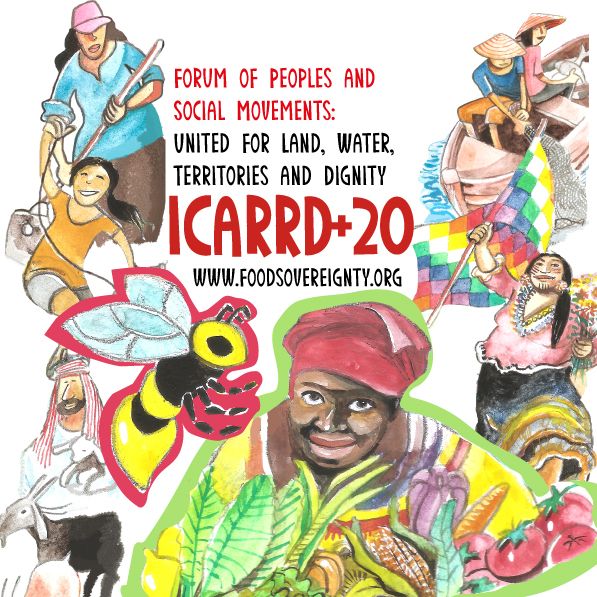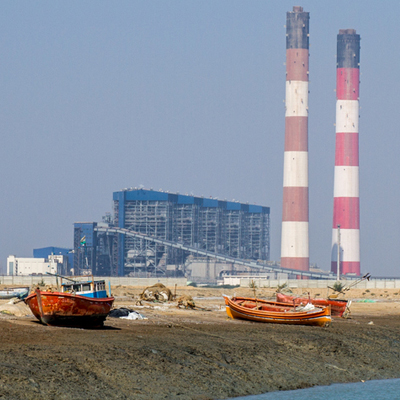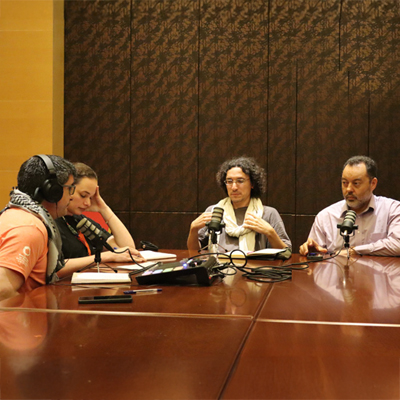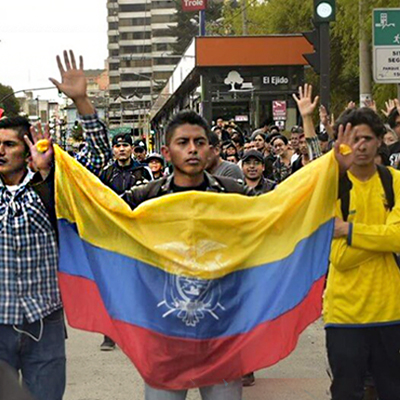Seeding Climate Justice
Meeting in Mozambique focuses on the resistance and the solutions against climate change
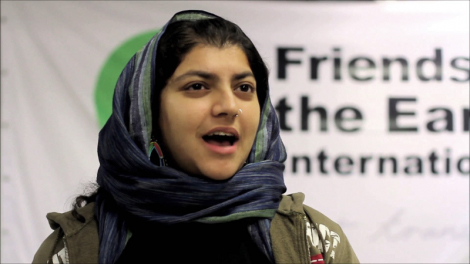
Aiming to advance in the development of a climate justice movement in Africa, a continent that will be seriously affected by climate change, especially in the Southern countries, a new edition of the “Seeding Climate Justice” event took place in Maputo, capital of Mozambique.
This was the third event of its kind and it was held from May 29-31, 2018. It was a work process that started in 2015, organized by Justiça Ambiental – Friends of the Earth Mozambique. In its three editions it gathered environmental activists from several continents, representatives of communities affected by fossil fuel and agribusiness projects, among others, both from Mozambique and other countries of the region, experts on climate change and Mozambican authorities, to name some of the participants.
“We have been trying to continue to bring key people from different parts of the world to Mozambique, so our people can hear from them, and interact with them, so that we can not only strengthen the climate justice movement here in Southern Africa but also then link up key people internationally and spread the understanding of what’s happening in Southern Africa to the rest of the world”, said activist Dipti Bhatnagar of Justiça Ambiental to Real World Radio.
“We have so many community people that are here at the meeting and some key activists and there is a need to bring them together into the same room because that’s when many of the deep conversations happen. That’s the intention”, added Dipti. The environmental activist works on energy and climate justice issues at Justiça Ambiental and is also one of the coordinators of the Climate Justice Program of Friends of the Earth International.
During the interview with Real World Radio, Dipti told us about the meeting in Maputo, the participants, and the different dialogues that were held, for instance, among the people affected by fossil fuel projects in Mozambique and government authorities. Also, the activist made reference to the importance of participants taking back what they have learned to their communities, to act as a “bridge”.
The event in Maputo focused on the peoples´ solutions to the climate crisis. “System change is the solution, the struggle is the solution”, said Dipti. “We share the tactics because the fight is going to keep going on and we need to equip people with an understanding of how we fight”, she added. Dipti also made reference to some of the tactics implemented by the communities, such as legal actions, blocking the entrance of companies, dialogues with governments. But she highlighted the need for a system change.
After the 3rd “Seeding Climate Justice” event, Justiça Ambiental and Milieudefensie – Friends of the Earth Netherlands held an Africa Oil and Gas Campaigners Meeting on June 1-2, also in Maputo.
According to Dipti, the campaigns against carbon projects in the region are strong and they are interconnected, but this doesn´t happen with the resistance against oil and gas projects, and particularly, gas development is a challenge to address. That is why activists from approximately 10 African countries met to analyze what is happening in their countries with these oil and gas projects, the location of pipelines and refineries, the corporations in charge and what actions to implement, among other things. The goal was to link the struggles to face oil and gas projects in a better way.
We also took the opportunity to ask Dipti about her opinion regarding the international campaign launched by Milieudefensie in April against Anglo-Dutch oil company Shell, which is being taken to court for not respecting the Paris Climate Agreement of 2015. About this, Dipti said that Milieudefensie is managing to delegitimize the fossil fuel industry in general and Shell in particular, and that their model of legal struggle is an example for the world. “We really need to delegitimize the power of these fossil fuel corporations. In the end it’s the only thing which is going to stop the climate crisis”.



